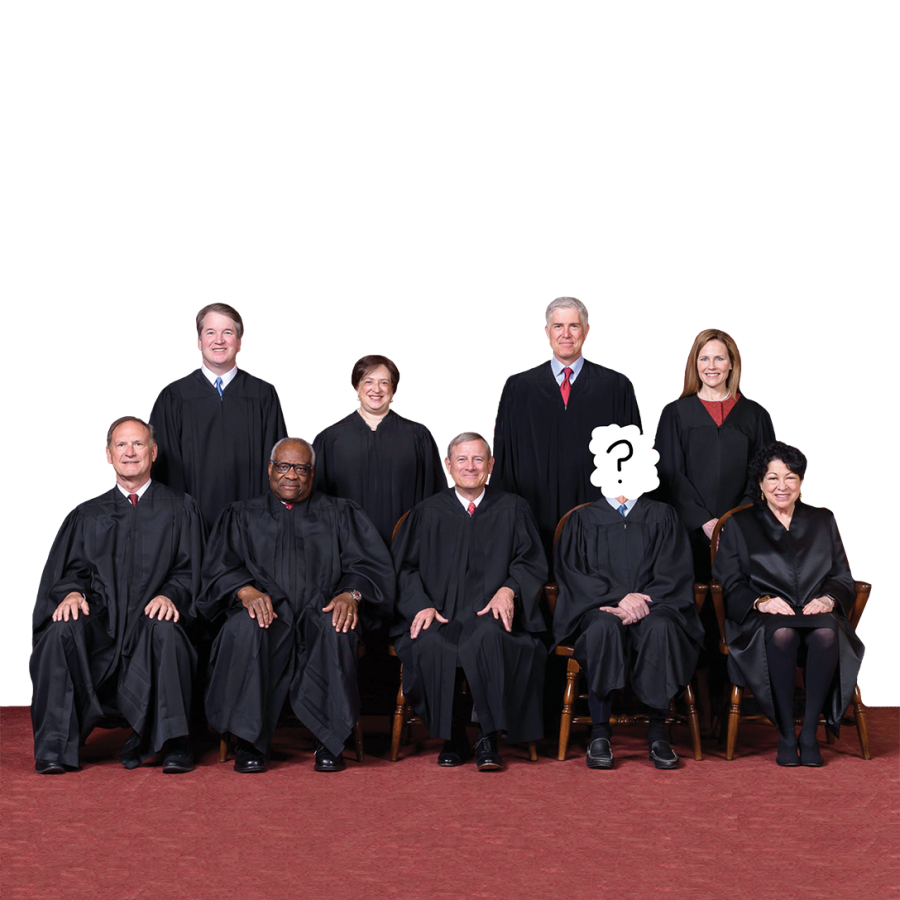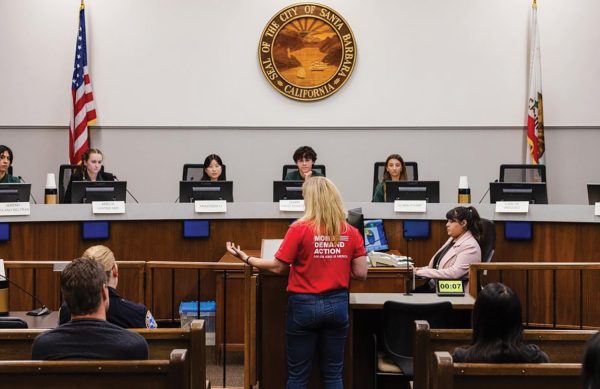The Future of the Court
Justice Stephen Breyer’s retirement will change this country forever.
June 11, 2022
Justice Breyer, one of the most powerful men in the United States, recently announced his retirement from the Supreme Court, creating a battle for the nomination of the next justice.
The Supreme Court is the most powerful court of law in the United States. It has the power of judicial review, allowing the court to overturn any law the legislative branch makes.
Members serve lifelong terms, something unheard of in democracies. Despite this, it is often overlooked by the public.
The U.S. government has long been led by white men, despite being a diverse nation, and the court has yet to break the trend.
Only about five percent of Supreme Court justices have been a minority or a woman, and only three justices over the course of the entire court’s history have been a person of color.
Historically, the lack of demographic and ideological diversity lead to now universally-condemned decisions on slavery and civil rights.
Opponents say looking at race alone will allow someone who doesn’t have enough “merit” onto the court.
“The Supreme Court is not in line with the American people,” said AP US History teacher Dena Montague.
The Supreme Court is also being politicized. According to a 2018 C-SPAN poll, 56% of voters believe the Supreme Court is split on ideological grounds.
Trump appointed three conservative judges to the Supreme Court, changing the balance of the court to a 6-3 conservative majority.
In 2000, the Supreme Court decided the results of an election by ruling that George W. Bush won Florida’s electoral votes.
This politicization and its danger has led calls from the left both to appoint a more liberal judge and to end the cycle of politicization.
As to who Biden chose, according to the New York Times, “A review of a substantial sample of Judge Jackson’s roughly 500 judicial opinions suggests that s he would be about as liberal as… Breyer.”
The politicization of the Supreme Court has its roots in some of the earliest judges appointed. As John Adams lost the presidency, Adams appointed 42 officials to the courts in order to maintain his party’s control of the judiciary.
Several of the powers of the government, such as judicial review and the ability to create a federal bank, were established under this court.
These powers, often seen as necessary for the government to function, were created against the wishes of the majority of the population which leads to a question. Was implementing these policies moral?
Montague believes that Biden’s pledge is the only way to get representation in the court, otherwise candidates of color would be overlooked.
Whether or not Jackson gets confirmed remains to be seen, but what is certain is that whoever is confirmed will influence the country for decades to come.

















